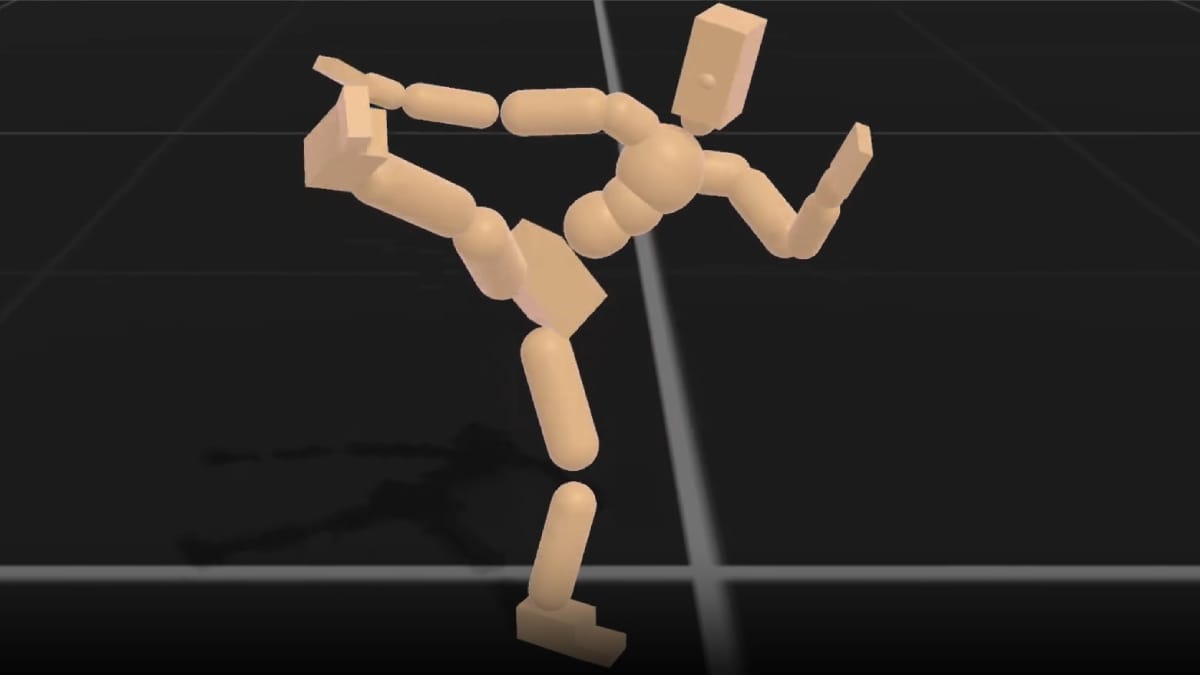Meta is research and developing new ai models, that could have potential uses in web3 applications. The facebook parent firm has released an ai model called meta motivo, that can control the bodily movements of digital avatars. It is expected to make the overall metaverse experience better. The newly unveiled model is expected to offer optimized body motion and interaction of avatars in metavrese ecosystems.
The company claims that motivo the ‘first-off-wealth-kind behavior foundation model’. The AI Model Can Enable Virtual Human Avatars to complete a variety of complex whole-body tasks, while making virtual physics more seamless in metaverse,
Through unsupervised reinforcement learning, meta has made it convenient for motivo to perform an array of tasks in complex environments. A novel algorithm has been deployed to train this ai model that uses an unlabelled dataset of motions to help it pick up on human-like behavioers while retaining zero-shot inferenca capabilityes, the company said in a blog post.
Announcing the launch of motivo on x, meta shared a short video demo showing what the integration of this model with virtual avatars would entail. The clip showed a humanoid avatar performing dance dance movies and kicks using whole body tasks. Meta said it’s incorporating ‘unsupervised reinforcement alarning’ to trigger these ‘human-like behavior’ in virtual avatars, as part of its atampts to make them look more realisticistic
New release from meta Fair-Meta Motivo is a FIRST-OF-Kind Behavioral Foundation Model for Controlling Virtual Physics-Based Humanoid AGENTS for a wide range of Complex Whole-BODY TASSCES
The model is capable of expressing Human-Like Behaviors and Achieves Performance… pic.twitter.com/YGUU5JZGLW
– AI at Meta (@Aaita) December 13, 2024
The company says that motivo can solve a range of whole-body control tasks. This includes motion tracking, Goal Pose Reaching, and Reward Optimization without any additional training.
Reality labs is meta’s internal unit that is working on its metavense-Related Initiatives. Since being launched in 2022, reality labs have consciously recorded losses. Despite the pattern, zuckerberg has heedgeed his bets on the metavense, testing newer technologies to fin-tune the overall experience.
Earlier this year, meta showcased a demo of hyperscape which turns a smartphone camera into a gateway to photorealistic metaverse environments. Through this, the tool enables smartphones to scan 2D spaces and transform them into hyperrealistic metgrounds.
In June, Meta bifurcated Its reality labs team into two divisions, where one team was tasked to work on the metavens-focused Quest headsets and the other was made responsible for work on hardware wearables that meta Matech Matech Matech in the Mate Future. The aim of this step was to consolidate the time the reality labs’ team puts in to develop newer ai and web3 technologies.
For details of the latest launches and news from Samsung, Xiaomi, Realme, OnePlus, Oppo and Other Companies at the Mobile World Congress in Barcelona, Visit OR MWC 2025 Hub,
